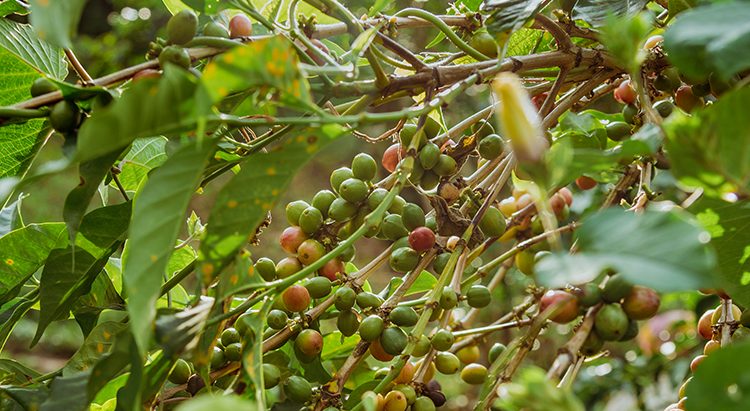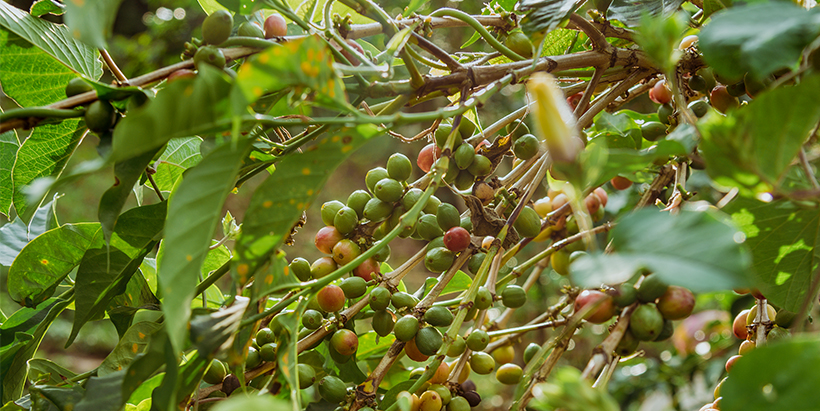
Circular economy: The driving force for sustainable coffee production in DRC
As part of the Rural-urban nexus: Establishing a nutrient loop to improve city region food system resilience (RUNRES) Project, IITA and its partners embarked on a field mission to Bukavu residential areas. They visited households to create awareness about separating biodegradable from non-biodegradable waste and waste from coffee.
This activity in the Democratic Republic of Congo was a step in the gradual assimilation of households and coffee growers into the circular economy model. The team highlighted the importance of separating biodegradable from non-biodegradable waste to guarantee cleanliness in Bukavu city and the sustainable production of coffee using organic fertilizers from biodegradable waste.
IITA has been promoting the circular economy philosophy of “Nothing can be lost, everything can be transformed” through the RUNRES project, working with local partners.
The circular economy, in this case, is to process the biodegradable waste from households, coffee and wastes from public toilets of the Katana market (currently under construction) to organic fertilizer for coffee production.
“The coffee dealers here in Kabare have a market that requires them to produce coffee with organic fertilizers. The yield of coffee does not exceed 600 kg per hectare due to insufficient organic fertilizer. The potential for coffee production can increase to 2 tons per hectare in South Kivu, especially in Kabare territory,” said Paul Mulemangabo, Head of the coffee department in INERA Mulungu in South-Kivu.
The local partners constitute a consortium including household waste collectors in Bukavu, biodegradable waste transformers, and cooperatives of coffee farmers to produce “organic fertilizer” to increase coffee production in South Kivu.
The waste dumps located near family homes and the Kivu Lake are dangerous to public health and cause water pollution. The RUNRES Project continues to improve the quality of life by fighting environmental contamination and encouraging wealth creation, in this case, the management of household waste and the sustainable production of organic fertilizer.

